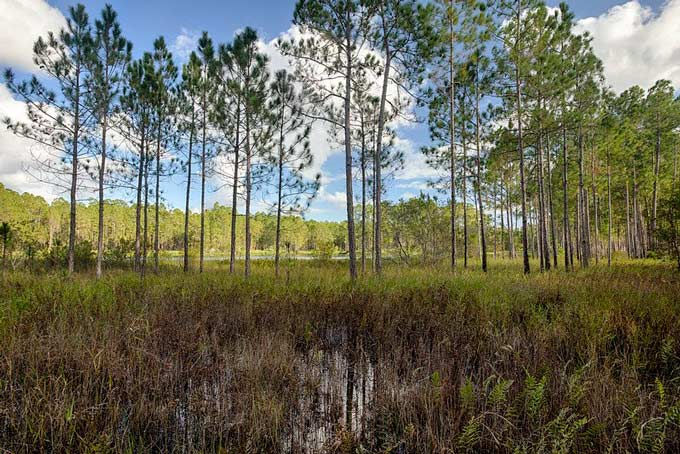Legal Rights for Florida's Water?
- Editor OGN Daily
- Jun 27, 2022
- 2 min read
Threatened by development, five bodies of water are suing the State of Florida, making the argument that nature has legal rights.

Such an argument was first successfully used in 2008, when Indigenous Peoples led Ecuador to become the world’s first country to formally recognize the “Rights of Mother Earth,” a ruling that the Global Alliance for the Rights of Nature (GARN) and others subsequently used successfully against a construction company that dumped rubble into a river.
As a result, the government was forced to clean up the river. Any citizen in Ecuador can now go to court on behalf of nature. “Rather than treating nature as property under the law, rights of nature acknowledges that nature in all its life forms has the right to exist, persist, maintain and regenerate its vital cycles,” asserts GARN.
In 2017, four rivers in Colombia, India, and New Zealand won legal rights, including the Whanganui River, the longest navigable river in New Zealand. The Māori fought for more than a century against the British Crown to save the Whanganui River and finally reached agreements over the last decade that recognize personhood of the waterway.
In a novel decision, the courts decided that neither the Māori nor the Crown owned the river but that the river is its own being. The Māori and the New Zealand government agreed to share guardianship of the environment.
Last year, in a world-first law, one of the planet's most remote rainforests in New Zealand was granted the same legal status as people.
Meanwhile, in the USA, the rights of nature movement has started to gain some traction. For example, in March, an Indigenous tribe sued the city of Seattle on behalf of its beleaguered salmon population, alleging that dams preventing them from migrating are a violation of the fish’s “inherent rights to exist, flourish, regenerate, and evolve”.
So, in Florida, Mary Jane, Lake Hart, two other local waters, and a marsh in Orange County have done what most Americans who feel existentially threatened would do: they’ve lawyered up.
“We must protect this environmental treasure,” says Chuck O’Neal, the human who filed the lawsuit against the developer and the state on behalf of Mary Jane and her fellow plaintiffs in April while he was chairman of the Florida Rights of Nature Network.
Despite its challenges, O’Neal believes that the movement might be as hard to stop as a mighty river. “Nothing can stop an idea whose time has come.”
OGN will keep you posted on developments.



